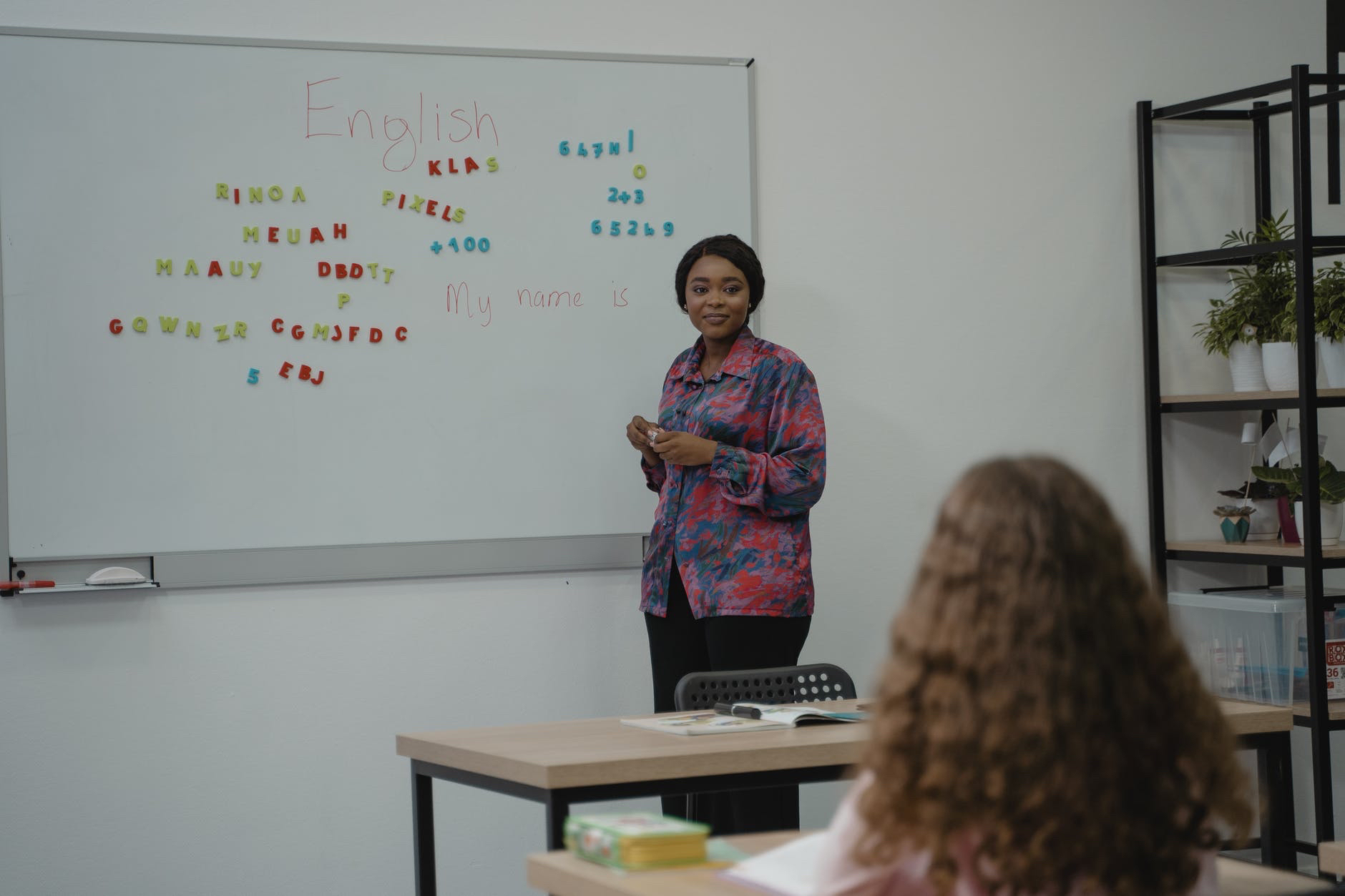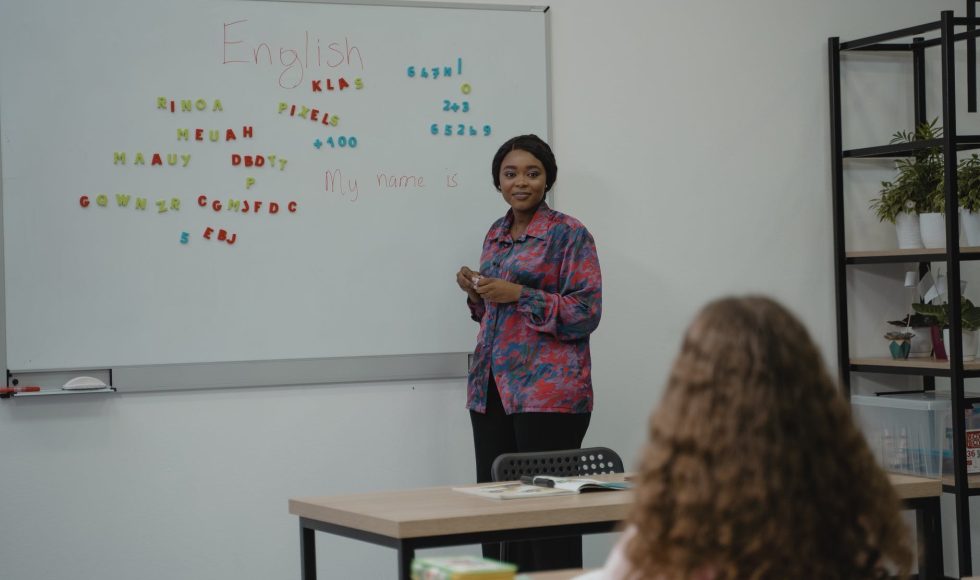I watched another Lilly Conference recording that was uplifting and demonstrates the resourcefulness and ability of faculty development units to support instructors during the pandemic. Kathryn Zawisza and Don Johnson from the University of Arkansas described the efforts of their units to support instructors. They, like many other instructor support units, had to quickly launch efforts to help pivot to emergency remote teaching. Collaboration among units including IT Services and their Global Campus allowed them to create and disseminate documentation, workshops, and courses for instructors. They populated tips.uark.edu with information based on feedback from faculty. The range of pedagogical resources, technical support, and community-building resources they launched and made available was impressive. I imagine numerous other colleges and universities did this too; I heard Derek Bruff from Vanderbilt recently mention all the programming they offered this summer alone on a podcast (may have been their Leading Lines podcast I love!). Don Johnson discussed how they created a Blackboard community and mentioned that their virtual sessions were attended by an average of a hundred instructors. Kathryn Zawisza mentioned that they also had vendor workshops to discuss technology and a dedicated phone line for faculty. I mention faculty, but their services and workshops reached and supported staff, graduate students, and adjuncts. As has been the trend, community development was something that helped instructors. The workshops included examples and opportunities to exchange ideas. They presented in pairs so that one co-presenter could monitor the chat. Alternate assessments were also discussed and how instructors may continue using these assessments even after going back to land-based courses. This emphasizes how rethinking our course goals and how we evaluate them has often helped instructor innovate and improve their courses. I have enjoyed the challenge and opportunities to redesign and rethink the courses I teach. Among the takeaways, building community and sharing practical ideas stand out. Interestingly, while academic integrity issues were addressed in sessions they offered, they noticed an increase in students reporting other students to create learning environments that promote integrity. A popular topic, no surprise, was how to keep students engaged. I learned some tips (telling participants that we want them to come away with five takeaways and if not, to ask questions). This session really emphasized the power of several units on campus collaborating. I also love that the name of one of their centers to support students: Center for Educational Access instead of focusing on disability. Watching this session was encouraging: we learn from each other and in some cases supporting instructors was as easy as allowing them to interact and share.



